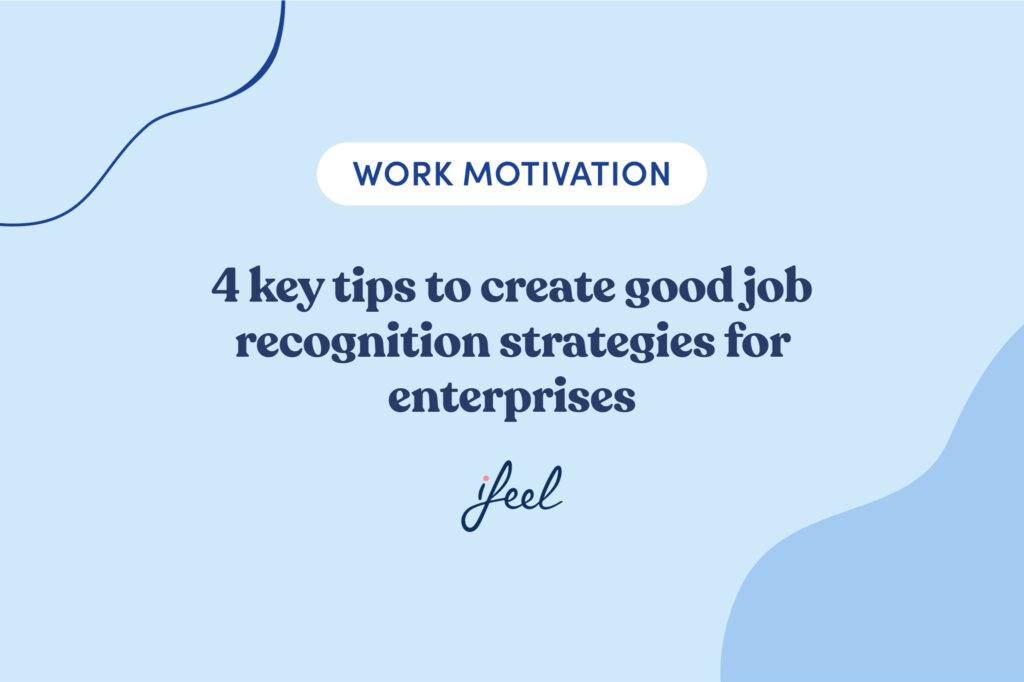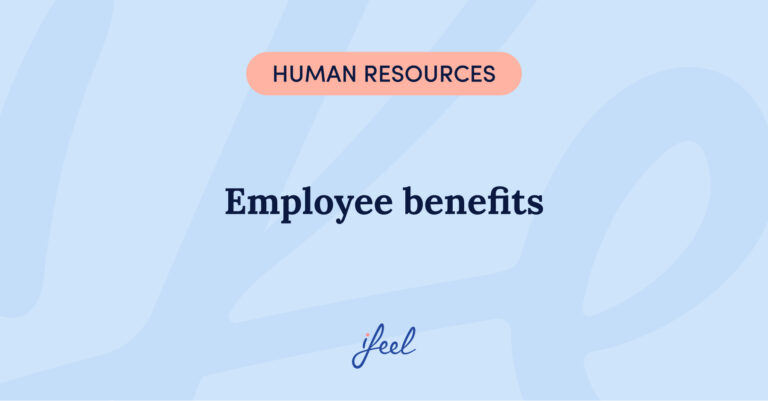Imagine a corporate environment where every achievement is celebrated and every effort is acknowledged; here, job recognition strategies are not just an add-on but an essential priority for cultivating employee loyalty and motivation.
Now, think about it: what kind of results could a company that constantly values and recognises its employees achieve? It is likely to achieve higher levels of productivity, innovation, and loyalty, creating a working environment where success and well-being are mutually reinforcing.
In today’s dynamic business environment, devising effective job recognition strategies improves job satisfaction and positively impacts the workforce’s productivity and overall well-being.
What are job recognition strategies?
Job recognition strategies refer to the act of valuing and rewarding the achievements, efforts and positive behaviours of employees within an organisation. Therefore, a workplace recognition strategy aims to motivate employees, increase employee morale, and foster a positive work environment.
| Job Recognition Strategy | Description |
|---|---|
| Verbal recognition | Expressions of thanks or praise during meetings. |
| Awards and certificates | Awarded at ceremonies to highlight specific achievements or work anniversaries. |
| Bonuses and benefits | Financial incentives related to performance or achievement of goals. Offering financial rewards or bonuses for meeting strategic objectives is a tangible way to show appreciation. |
| Professional development | Providing opportunities for training and professional growth not only motivates but also contributes to the development of critical skills. |
| Work flexibility | Implementing flexible working policies is a form of recognition that values employees’ work-life balance. |
A good job recognition strategy improves employee satisfaction and engagement, reduces staff turnover, and fosters a positive organisational culture. In essence, it shows employees that their work and contributions are valued, boosting their motivation and productivity.
The importance of having job recognition strategies in place
According to studies, companies implementing effective recognition practices are 21% more likely to increase productivity and profitability.
The reason is that when employees feel acknowledged and valued, their motivation to contribute and perform at their best increases. Greater engagement translates into a greater willingness to invest effort and creativity in their work, which boosts productivity.
As a result, it reduces staff turnover, lowers the costs associated with recruitment and training, and promotes greater organisational efficiency. Companies can operate more efficiently and maintain a continuous focus on their strategic objectives, resulting in increased profitability.
‘Receiving any kind of recognition is always motivating, it means that what you are doing, what an organisation is striving for, is probably doing well.
Isabel Ruiz Maldonado, Head of Integrated Management Systems at Emasagra, an ifeel partner company.
Customised strategy for enterprises
Each enterprise has its own culture and dynamics, so the recognition strategy must be customised. Listening to employees and adapting strategies to their specific needs is fundamental to the success of any recognition programme.
An effective employee recognition strategy must align with HR KPIs. By measuring recognition’s impact on indicators such as turnover, absenteeism, and employee satisfaction, organisations can adjust their programmes to maximise their effectiveness.
These metrics help companies manage and optimise their human resources more effectively, ensuring that the employee recognition strategy contributes directly to organisational goals.
Here are some considerations for customising job recognition strategies in enterprise organisations:
1. Assessing corporate culture
Understanding the organisation’s prevailing values and beliefs is essential. This allows you to design a workplace recognition strategy that resonates with employees and reinforces the existing corporate culture.
2. Staff segmentation
Different departments or regions may have different needs and expectations. Tailoring recognition programmes to be relevant to each group can increase their effectiveness.
3. Technology integration
Using digital platforms to manage and track recognition can simplify the process and provide valuable data on its impact. These tools can also facilitate recognition in companies with geographically dispersed teams.
4. Leaders’ involvement
Leaders should be actively involved in recognition initiatives. Their participation not only legitimises the programme, but also inspires others to value the importance of recognition.
Job recognition strategies’ impact on employee well-being
Implementing effective job recognition strategies goes beyond boosting morale; it has a tangible impact on employee health and well-being. When employees feel genuinely valued, they experience reduced stress and improved mental health, which translates into lower absenteeism rates and increased productivity.
There is no single way to implement a recognition strategy, as each organisation can tailor it to its specific culture and needs. For example, innovative initiatives such as ‘recharge days’, which provide additional days off, demonstrate how recognition can be effectively integrated into comprehensive well-being programmes.
These approaches not only recognise individual effort, but also foster a healthier and more balanced work environment where employees can thrive both personally and professionally.

Unlocking enterprises’ potential
At ifeel, we know that job recognition strategies are integral to any modern organisation. Not only does it motivate the workforce but also boosts productivity and mental well-bein.
To support companies in this process, our team of expert workplace well-being psychologists has created a mental well-being solution for businesses that improves talent retention, reduces presenteeism, and combats employee stress.
With our mental well-being solution, your company’s HR managers can receive personalised, data-driven advice on improving mental health at work. In addition, this solution offers employees a 360° mental well-being service structured at different levels according to their needs. Try our solution now to see how it could help you.
We hope you found this article on job recognition strategies interesting. If you would like more information about our mental well-being solution for companies, simply request it, and we will contact your team as soon as possible.











